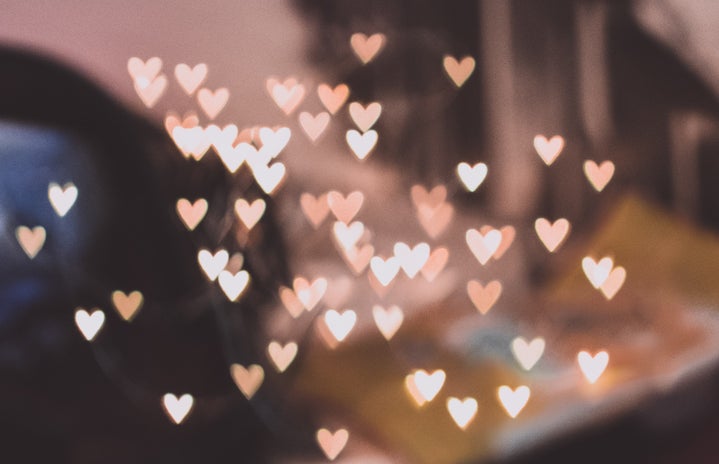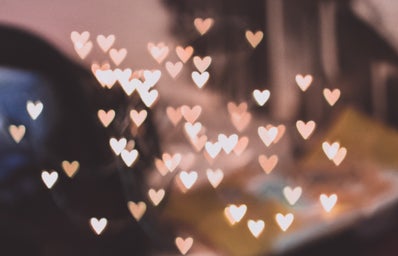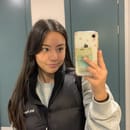Throughout history the mystery of love has dictated much of literature and philosophy, from songs and sonnets, movies, novels, works of art and in our own personal lives – but what is it really? For almost everyone, love is something that you’ll encounter throughout your life, from the love of your cat to the love of your partner(s). Ultimately, love is very complex and unexplainable. However, studies suggest there is actually a 3-stage formula to love determined by a series of hormonal and chemical reactions that take place in your very body (and brain).
STAGE 1 – LUST OR SEXUAL DESIRE
The first stage is the lust stage. This is driven by the simulation of the sex hormones oestrogen and testosterone from the hypothalamus in the brain. There is a misconception that testosterone is a purely ‘male’ hormone, however, it is present in both men and women, and certainly plays a role in the increase of libido during the lust stage. In addition, it’s possible to have a sexual desire with someone without continuing into the latter stages of attachment and infatuation.
STAGE 2 – ATTRACTION
As you move out of the initial stage, you may start to produce the chemicals that can make the first couple of months of a relationship seem the most exciting – A.K.A the honeymoon stage! Although ‘lust’ and ‘attraction’ appear pretty similar, this isn’t actually the case. Dopamine is released when we feel good and can imitate feelings similar to that of nicotine. In turn, you can become addicted to it – and this may be one of the reasons behind serial dating and affairs. The second chemical released is called Norepinephrine which plays a role in the production of adrenalin, sweating and heart racing. Funnily enough, Serotonin, the so-called ‘happy hormone’ is actually reduced during attraction. However, this is proven to sometimes lead to obsession – which might be why you feel a little drunk on love! Additionally, the increase in testosterone in both men and women during the lust stage actually begins to decrease in men during this phase, which may aid in sexual focus/ lack of sexual interest in others. Eventually, the body may begin to develop a tolerance for the release of these hormones, and you’ll begin to move into the attachment phase.
STAGE 3 – ATTACHMENT
The final stage is the attachment stage, which increases over the course of healthy, long-lasting relationships. It can not only occur in romantic relationships but through other social connections such as friendships and parent-child bonding. Ultimately, the final stage is a bond that keeps going. The primary hormone released during this stage is Oxytocin (‘cuddle hormone’) and can be stimulated by activities such as sex and orgasms, promoting bonding when adults are sexually intimate. Scientifically speaking – the more sex, the deeper the bond – but of course, this isn’t always the case, particularly when there are other issues at play. It’s also important to note that attachment is its own stage and doesn’t always intertwine with lust and attraction (for obvious reasons…). Other activities that aid in Oxytocin production can include breastfeeding and childbirth, aiding in mother and infant bonding. The second primary hormone released is Vasopressin. In a study conducted on the effects of Vasopressin on bonding, the hormone was suppressed in male Prairie Voles, and it was discovered that their bond with their partner began to deteriorate considerably. As such, the chemicals associated with the attachment stage will remain in the body throughout the continuation of your relationship – however long that may be.
Although there are three distinct stages, they can certainly overlap with each other! During long-term relationships, lust/ sexual desire tends to rise and fall, as well as infatuation – and that’s completely normal. Of course, each relationship is unique, but there really is a formula for love. So, the next time you fall in love, make sure to tell them you love them with all your heart… and brain!


